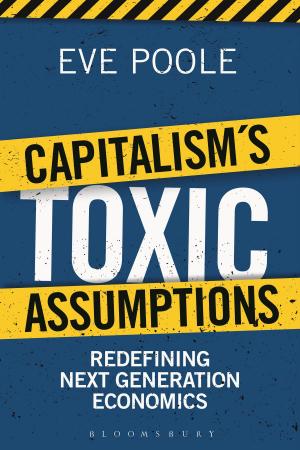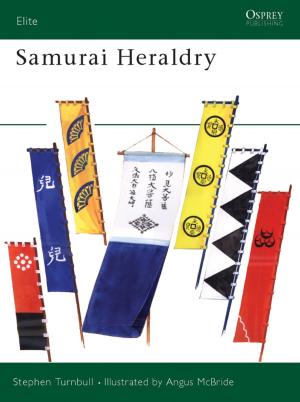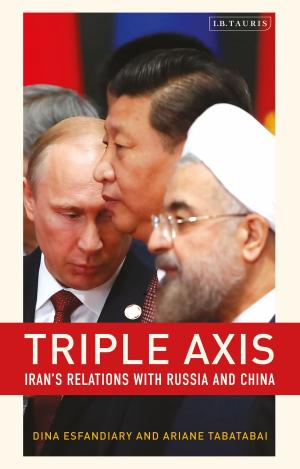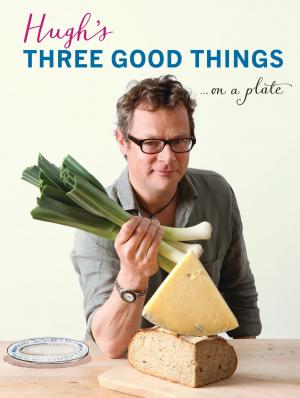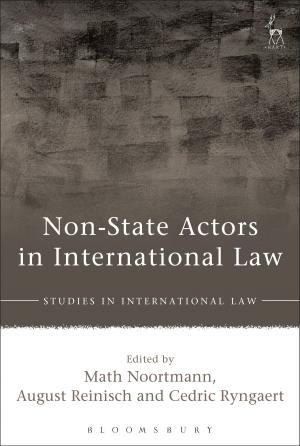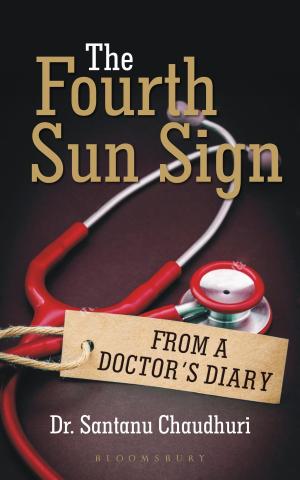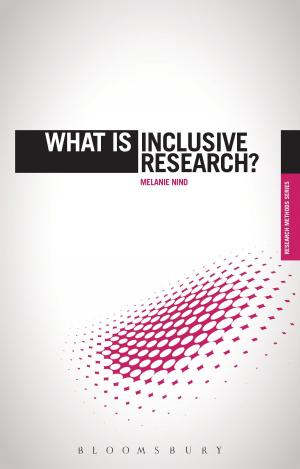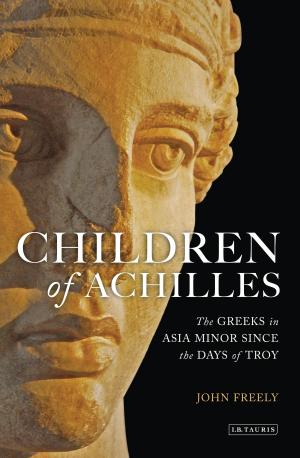Victorian Christianity at the Fin de Siècle
The Culture of English Religion in a Decadent Age
Nonfiction, Social & Cultural Studies, Social Science, History, Religion & Spirituality| Author: | Frances Knight | ISBN: | 9780857729866 |
| Publisher: | Bloomsbury Publishing | Publication: | October 23, 2015 |
| Imprint: | I.B. Tauris | Language: | English |
| Author: | Frances Knight |
| ISBN: | 9780857729866 |
| Publisher: | Bloomsbury Publishing |
| Publication: | October 23, 2015 |
| Imprint: | I.B. Tauris |
| Language: | English |
The period known as the fin de siècle (usually taken to mean the years between 1870 and 1914) was a fluid and unsettling epoch of endings and beginnings, as well as of new forms of creativity and anxiety. The end of the century has attracted much interest from scholars of literary and cultural studies, who regard it as a critical moment in the history of their disciplines; but it has been almost completely ignored by religious historians. Frances Knight here sets right that neglect. She shows how late Victorian Britain (often said to be one of the most intensely Christian societies the world has ever seen) reacted to the bold agendas being set by the thinkers of the fin de siècle; and how prominent Church figures during the era first identified many of the concerns that have preoccupied Christians latterly. These include a nascent interest in social justice and alleviating poverty; the rise of liberalism and debates about society's 'decadence'; new ideas about the role of women; and the increasing sophistication of biblical and archaeological scholarship from pioneering figures like J B Lightfoot, Francis Crawford Burkitt and Flinders Petrie.
'Frances Knight has provided a substantial and original contribution to the now very extensive literature on Victorian Christianity. This fine and illuminating study underlines the importance of the fin de siècle as a pivotal era in Christian thought and cultural life in England. In many surprising ways, it illustrates the extent to which this period has been misconstrued and misrepresented as characterised by a “crisis of faith”. Instead, Professor Knight draws attention to the underlying religious dynamism of the age, and its many (often unlikely) exemplars. This excellent book adds a new dimension to our understanding of faith in the late Victorian period.'
– Michael Snape, Reader in Religion, War and Society, University of Birmingham
The period known as the fin de siècle (usually taken to mean the years between 1870 and 1914) was a fluid and unsettling epoch of endings and beginnings, as well as of new forms of creativity and anxiety. The end of the century has attracted much interest from scholars of literary and cultural studies, who regard it as a critical moment in the history of their disciplines; but it has been almost completely ignored by religious historians. Frances Knight here sets right that neglect. She shows how late Victorian Britain (often said to be one of the most intensely Christian societies the world has ever seen) reacted to the bold agendas being set by the thinkers of the fin de siècle; and how prominent Church figures during the era first identified many of the concerns that have preoccupied Christians latterly. These include a nascent interest in social justice and alleviating poverty; the rise of liberalism and debates about society's 'decadence'; new ideas about the role of women; and the increasing sophistication of biblical and archaeological scholarship from pioneering figures like J B Lightfoot, Francis Crawford Burkitt and Flinders Petrie.
'Frances Knight has provided a substantial and original contribution to the now very extensive literature on Victorian Christianity. This fine and illuminating study underlines the importance of the fin de siècle as a pivotal era in Christian thought and cultural life in England. In many surprising ways, it illustrates the extent to which this period has been misconstrued and misrepresented as characterised by a “crisis of faith”. Instead, Professor Knight draws attention to the underlying religious dynamism of the age, and its many (often unlikely) exemplars. This excellent book adds a new dimension to our understanding of faith in the late Victorian period.'
– Michael Snape, Reader in Religion, War and Society, University of Birmingham




